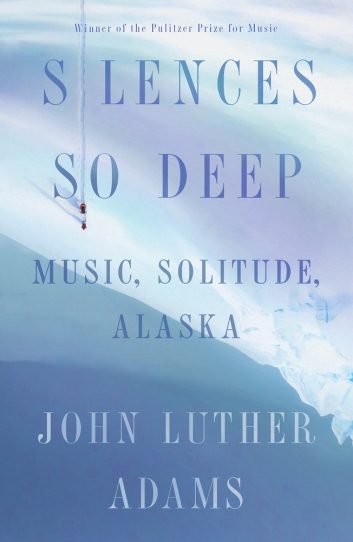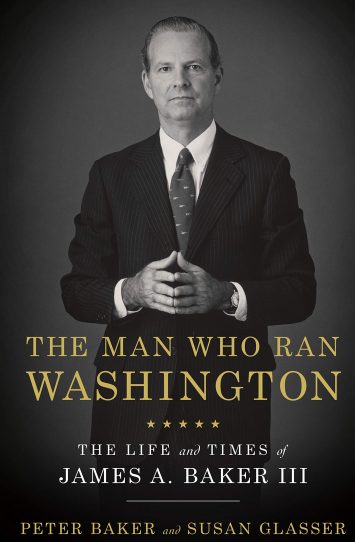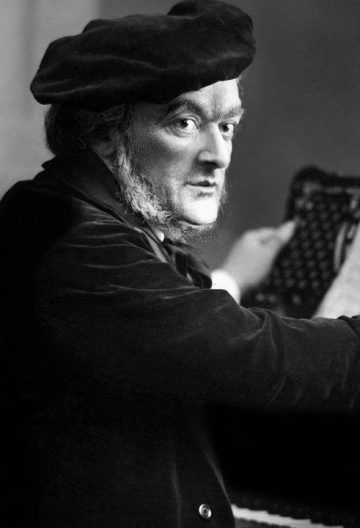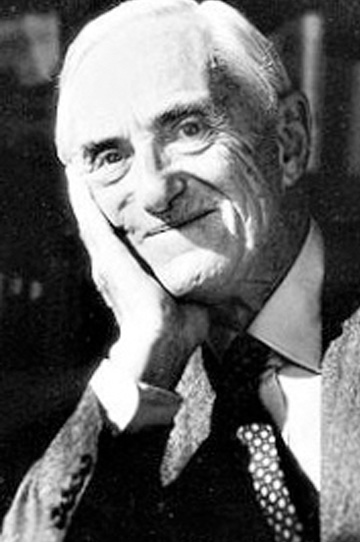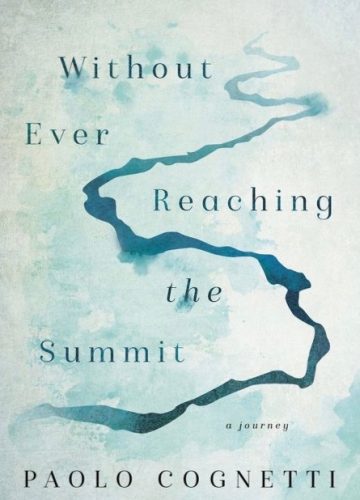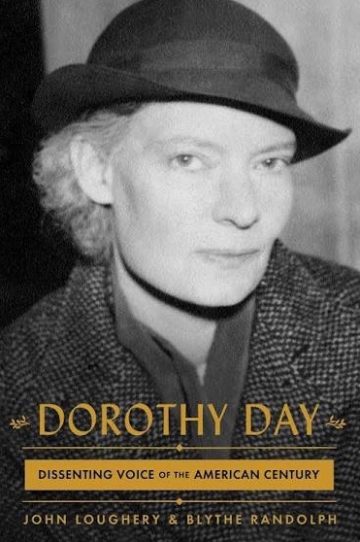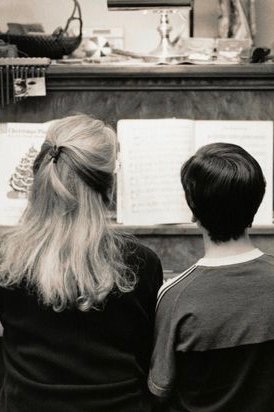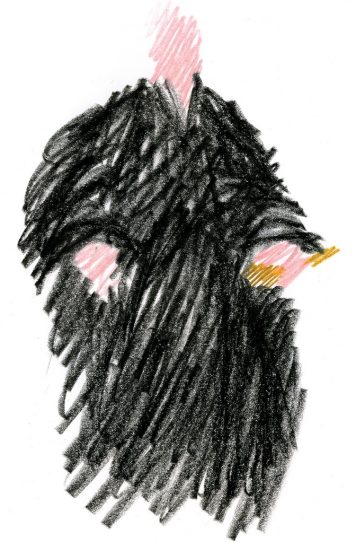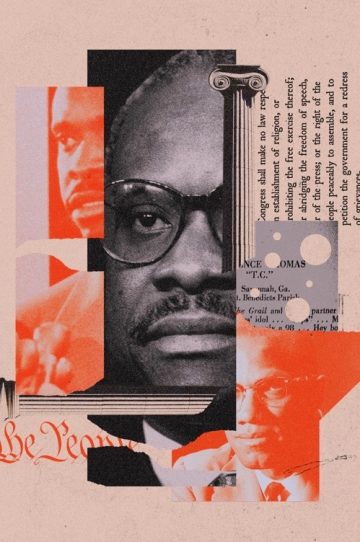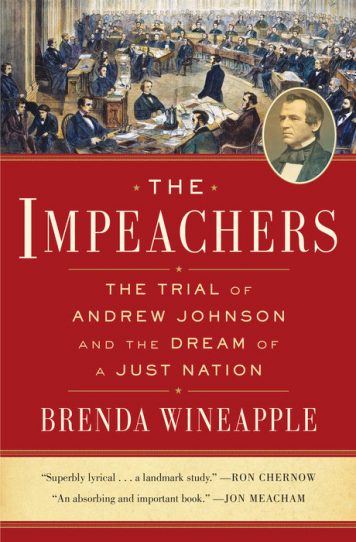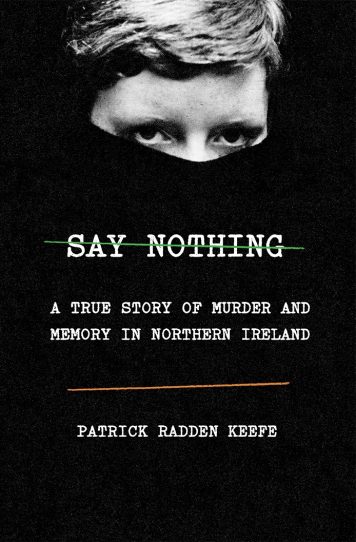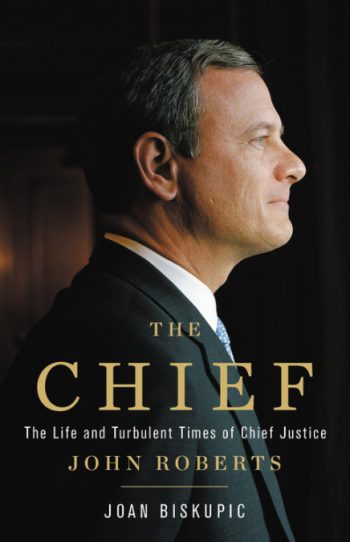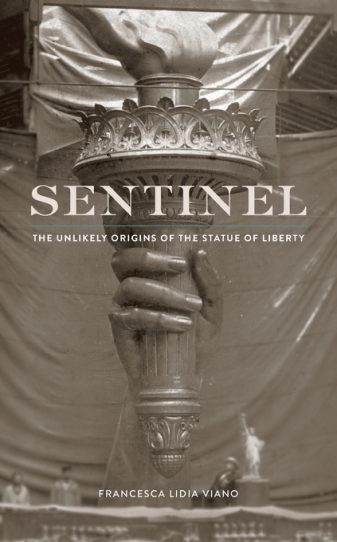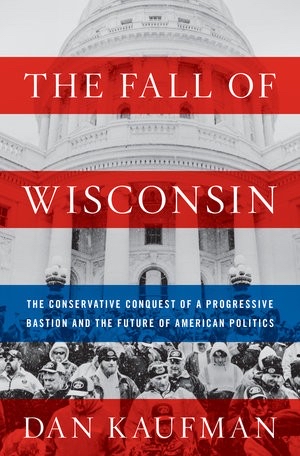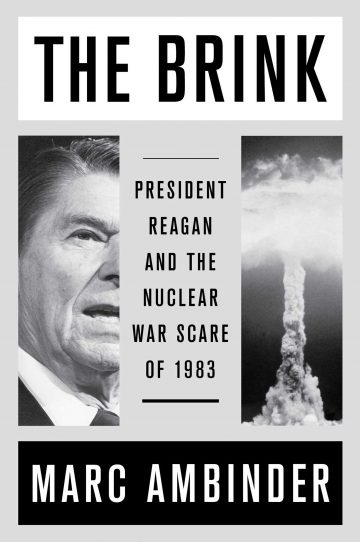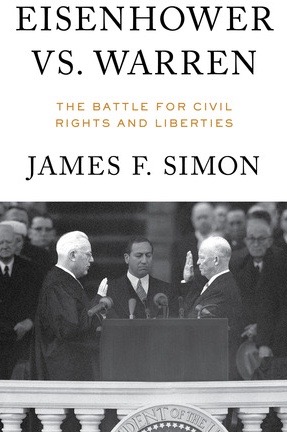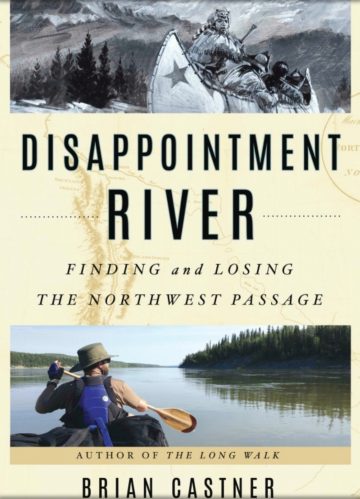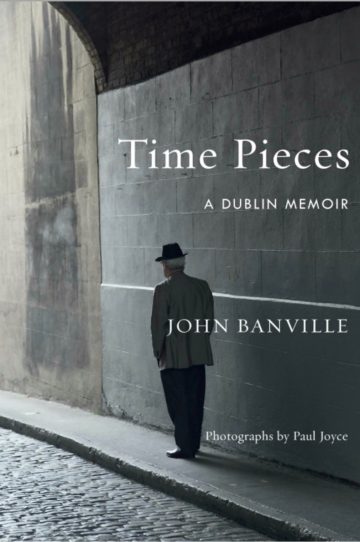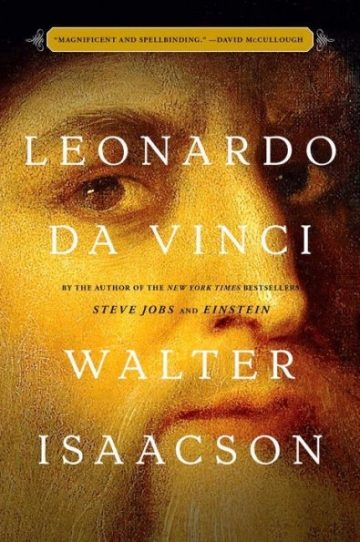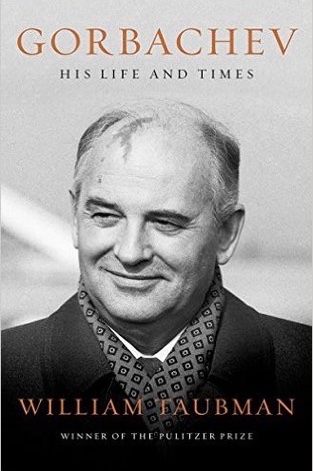John Luther Adams spent much of his adult life in Alaska, not for the mountains or the stargazing but for the quiet. It allowed the composer to think, and, more...
During the confusion that followed the attempt on Ronald Reagan’s life in 1981, Alexander Haig, the secretary of state, proclaimed at the White House podium: “I am in control.” Breathless...
Hitler casts as long a shadow over Richard Wagner as Wagner casts over art. So argues Alex Ross, the music critic of the New Yorker, in his gigantic new book,...
I don’t know anyone else who’s got a tailor-made work of art. Not tailor-made in the sense of a commissioned piece or a personal gift. I’m not referring to dedicatees....
What is a mountain: Is it a trophy or a temple? Recently we have begun to claim nature’s grandest tableaux as prizes. Alex Honnold climbs El Capitan with no rope....
In the early 1950s, as the Cold War began to take shape, the radical Catholic Dorothy Day protested a series of nuclear air-raid drills in New York City. Rather than...
When a musician sits down and tries to play something for the first time, an extraordinary thing can happen, writes the critic Philip Kennicott. If he or she has heard...
A template for popular books about the Supreme Court has emerged since Bob Woodward and Scott Armstrong’s The Brethren was published in 1979. It goes like this: Interweave case histories...

